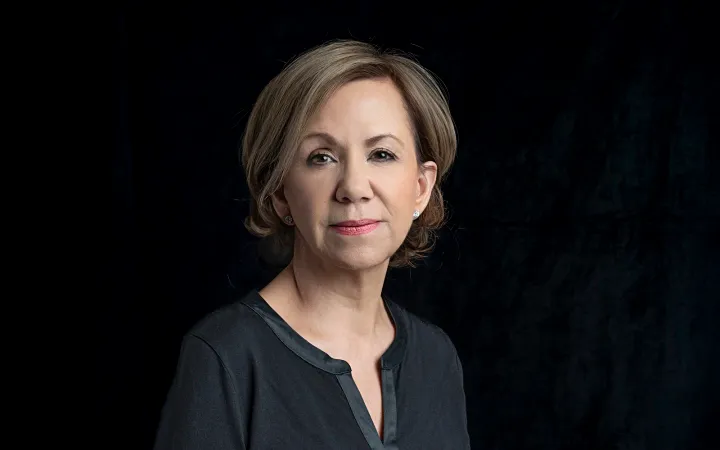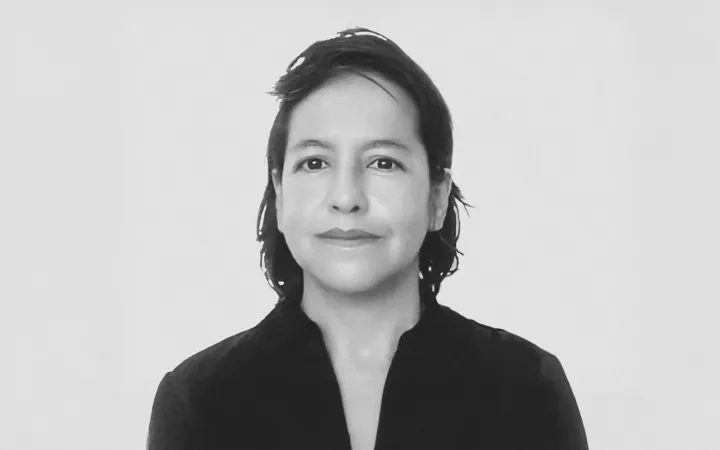
Por Bárbara Anderson
En estos días, la asociación civil Signos Vitales lanzó un reporte en el que afirman que al menos 8% de las remesas que llegan al país desde Estados Unidos están vinculadas a actividades ilícitas del crimen organizado. En otras palabras habría un mecanismo de ‘lavado de dinero’ a través de estos envíos que han venido creciendo de manera consistente mes a mes desde hace dos años.
“Los analistas que dicen que hay lavado de dinero en remesas tienen muy poco conocimiento sobre lavado de dinero y sobre el sistema financiero. No son financieros”, me dice Jesús Cervantes quien trabajó 33 años en Banxico como director de medición económica (la unidad que entre otras tareas elabora la balanza de pagos de México) y desde hace 14 años es investigador del Centro de Estudios Monetarios Latinoamericanos (CEMLA), uno de los think tank que más investiga en nuestro país y Estados Unidos sobre el fenómeno regional de las remesas. “La estadística actual de remesas fue un desarrollo de cuando estuve a cargo del tema e incluímos regulaciones que hicieron obligatoria la entrega de información de la industria de las remesas”, agrega Cervantes.




